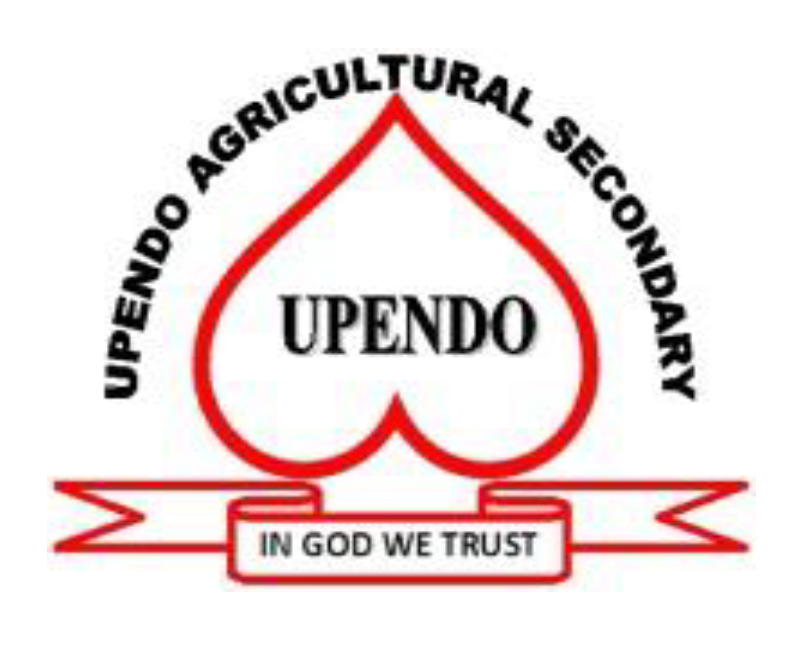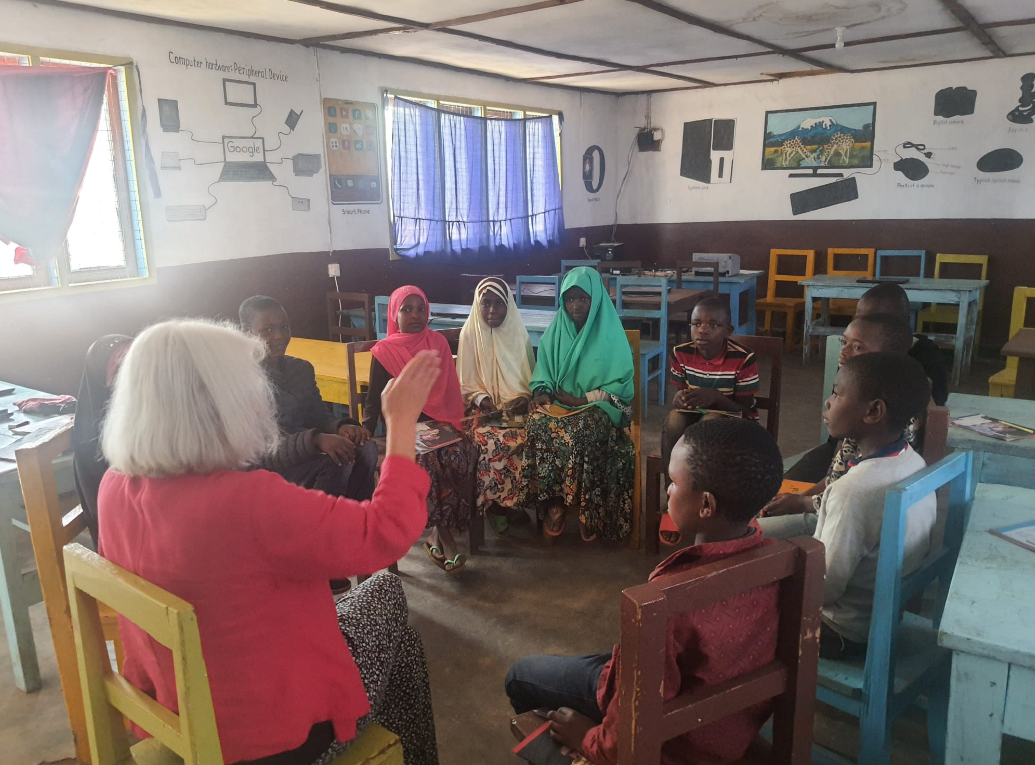Organic Hill Farming Programme in Sunga and Mbaru Wards
Basically the situation has deteriorated to such an extent that without serious countermeasures on every level the majority of the population will either face severe food and water shortages within the next 5-10 years or then have to migrate to some other area. The effects of climate change and inadequate farming methods are thus very severe!
In 2014 Martin Graf –
passing through Mambo with a group of tourists – became aware of the difficult
situation in the area and started up “Usambara Push & Pull Programme in
2015. The initial objective was to fight erosion and improve soil fertility as
well as introduce Push & Pull methods for the planting of maize. This
allowed to reduce the fertilizer and pesticide input.
In 2018 the programme
showed significant results with roughly 100 participating farmers. On the other
hand the programme could not continue on the basis of external funding by the
project initiator, the Paul Schiller foundation and others. It had to become
fully sustainable within the local economy.
In addition the programme had to be directed towards
mid-term economical independence to ensure it’s sustainable forthcoming. For
this purpose “Organic Hill Farming Company Ltd.” was founded in October 2020 to
take over the programme within Phase II. The respective company office was
originally set up in the village of Nkukai with Oliver Venance Mrosso as
Managing Director. In 2022 the office was moved to Mambo centre.
Thus the original “Usambara Push & Pull Programme”
was transformed into the “Usambara Organic Hill Farming Programme” run by a
Limited Company, which must ensure an economically viable execution by the end
of 2025.
Meanwhile many programme farmers have caught on and
realizied the value of the adapted Push & Pull method and crop rotation for
the fertility of their soil, plant health and production level of their crops
as well as the value of Elefant Grass and Greenleaf Desmodium as good fodder
for their animals. This mainly due to the fact, that they earn good money from
the production of Desmodium seed in addition to a crop harvest on the same
plot. During the months of September/October 2023 programme farmers harvested a
total of 70 kg of Desmodium seed, this year’s harvest increased to a total of
275 kg. The production will continue to multiply, as long as it can be sold to
customers.
From 2023 onwards a considerable number of new farmers
want to join the programme, whilst those, who have never actively participated,
drop out. These new farmers are being introduced to the production method by
their successful compatriots within the programme. It is now – after 10 years
of engagement – the first sign of an intrinsic motivation amongst programme
farmers.”
For support:
For additional information:
Martin Graf
Email martin.grafen@bluewin.ch


















